Get the latest financial news, insights and expert analysis from our award-winning MoneyWeek team, to help you understand what really matters when it comes to your finances.
You are now subscribed
Your newsletter sign-up was successful
Want to add more newsletters?

Twice daily
MoneyWeek
Get the latest financial news, insights and expert analysis from our award-winning MoneyWeek team, to help you understand what really matters when it comes to your finances.

Four times a week
Look After My Bills
Sign up to our free money-saving newsletter, filled with the latest news and expert advice to help you find the best tips and deals for managing your bills. Start saving today!
"The world's newest country was born" last Sunday, but seems destined to "have a brief lifespan", says Kim Sengupta in The Independent. No sooner had the People's Republic of Donetsk declared independence from Ukraine than separatist leader Denis Pushilin was asking Russia to absorb the region.
Meanwhile the Obama administration said that the US would not recognise the "results of the illegal referendums". The British foreign secretary, William Hague, concurred.
For all its "surreal elements" (the total of the announced yes, no and spoilt votes exceeded 100%), the outcome was "deadly serious", says The Daily Telegraph. The most populous region of Ukraine now "stands on the verge" of joining Russia.
MoneyWeek
Subscribe to MoneyWeek today and get your first six magazine issues absolutely FREE

Sign up to Money Morning
Don't miss the latest investment and personal finances news, market analysis, plus money-saving tips with our free twice-daily newsletter
Don't miss the latest investment and personal finances news, market analysis, plus money-saving tips with our free twice-daily newsletter
Ukraine is on a "knife-edge" and it is vital to understand Russian intentions in order to "avoid a catastrophe", says Tony Brenton in The Times. The Western media talk of "a new Cold War", and given that Putin's regime is "brutal, mendacious and corrupt", such fears are understandable. Nevertheless this view is wrong.
The Russians do not see this as the start of a global offensive, but as standing up to a "20-year offensive by the West". They have watched as "country after country of the former communist bloc has slipped into the Western camp".
Putin has been meddling in Ukrainian affairs since 2004, because he believes, as do most Russians, that Russia has"deep and legitimate interests" there, says Rodric Braithwaite,former ambassador to Moscow, in The Independent on Sunday.
He provoked a crisis in Ukraine to achieve three strategicobjectives: "a neutral Ukraine subject to Russian influence;more formal guarantees for the rights of Russian speakers ineastern Ukraine, and the return of Crimea to Russia. The rest istactics."
Putin won't be worrying about what the West thinks;most Russians are "delighted" with his "patriotic successes"and he knows the West needs him.
So what next? We should leave well alone, says Simon Jenkinsin The Guardian. Obama has been criticised for not being toughenough; the EU for being "half-hearted". Nato is "on guard". "But it is not our business."
Russia's behaviour in Crimea and Ukraine has been "crude and belligerent", but it is based onlocal consent. "A new status for eastern Ukraine is vital, butthat is Ukraine's business and given the apparent views of localpeople, inevitably Russia's business. When distant powers feeljustified in intervening against the will of peoples, motives getmixed and serious wars begin."
Get the latest financial news, insights and expert analysis from our award-winning MoneyWeek team, to help you understand what really matters when it comes to your finances.
MoneyWeek is written by a team of experienced and award-winning journalists, plus expert columnists. As well as daily digital news and features, MoneyWeek also publishes a weekly magazine, covering investing and personal finance. From share tips, pensions, gold to practical investment tips - we provide a round-up to help you make money and keep it.
-
 How a ‘great view’ from your home can boost its value by 35%
How a ‘great view’ from your home can boost its value by 35%A house that comes with a picturesque backdrop could add tens of thousands of pounds to its asking price – but how does each region compare?
-
 What is a care fees annuity and how much does it cost?
What is a care fees annuity and how much does it cost?How we will be cared for in our later years – and how much we are willing to pay for it – are conversations best had as early as possible. One option to cover the cost is a care fees annuity. We look at the pros and cons.
-
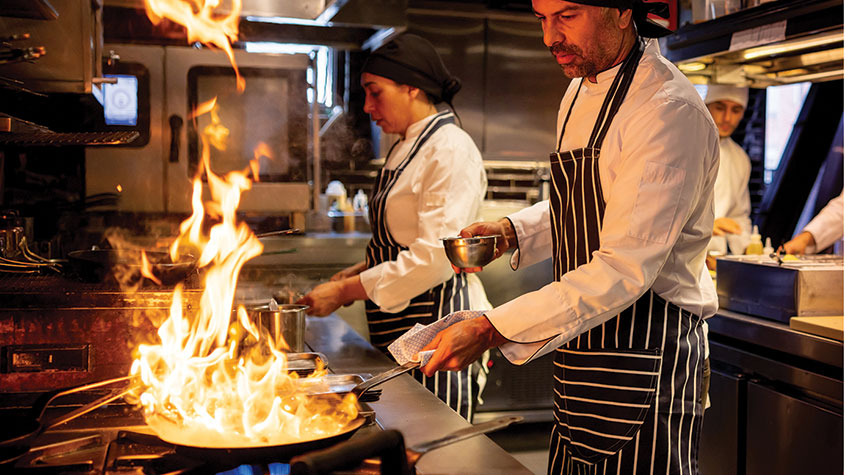 Brace yourself for the return of rationing
Brace yourself for the return of rationingOpinion Russia is turning off the cheap energy. That is already leading to belt-tightening, says Matthew Lynn. Who will suffer most, and which sectors will thrive?
-
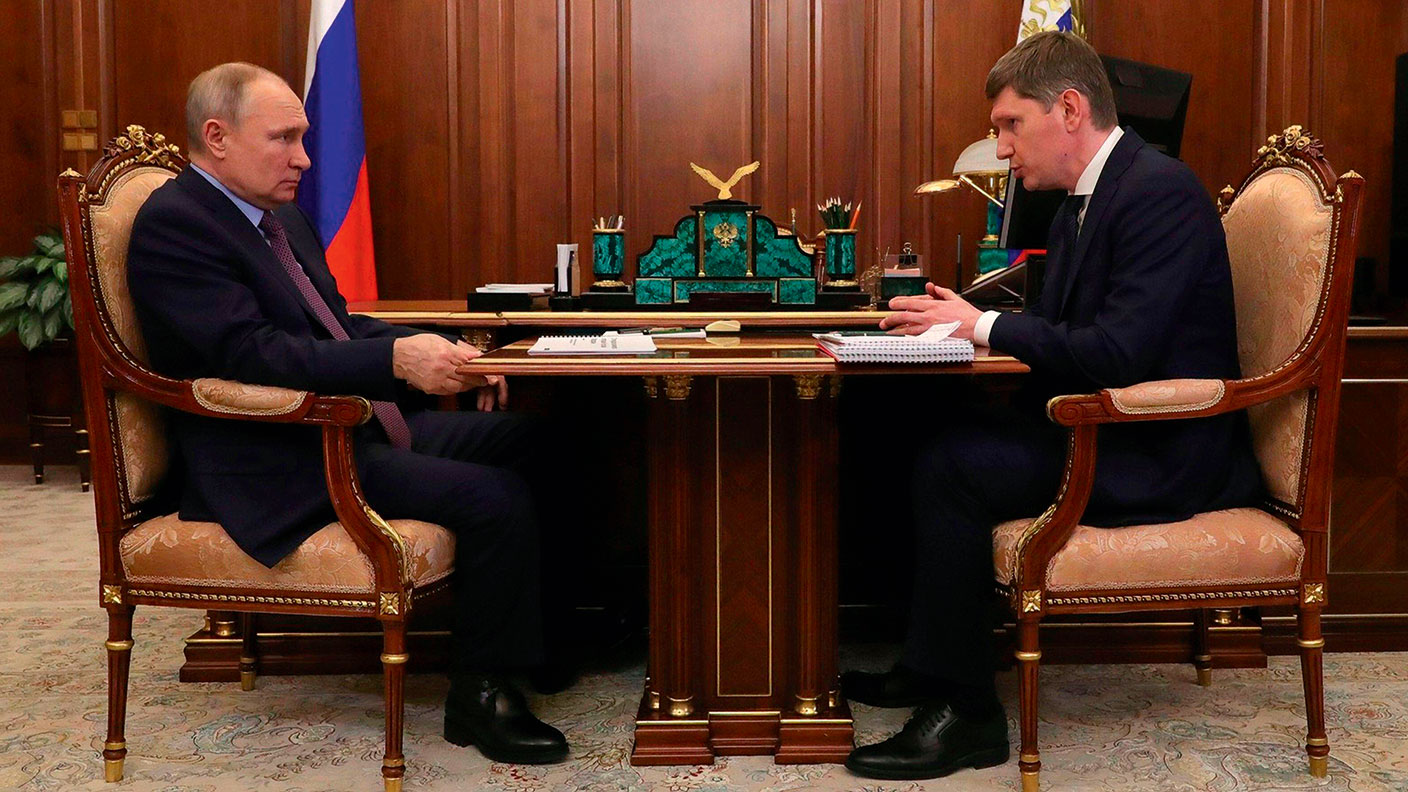 Fortress Russia’s economy is crumbling
Fortress Russia’s economy is crumblingBriefings Vladimir Putin invaded Ukraine in the belief that the Russian economy could withstand whatever the West threw at it. That belief is being severely tested.
-
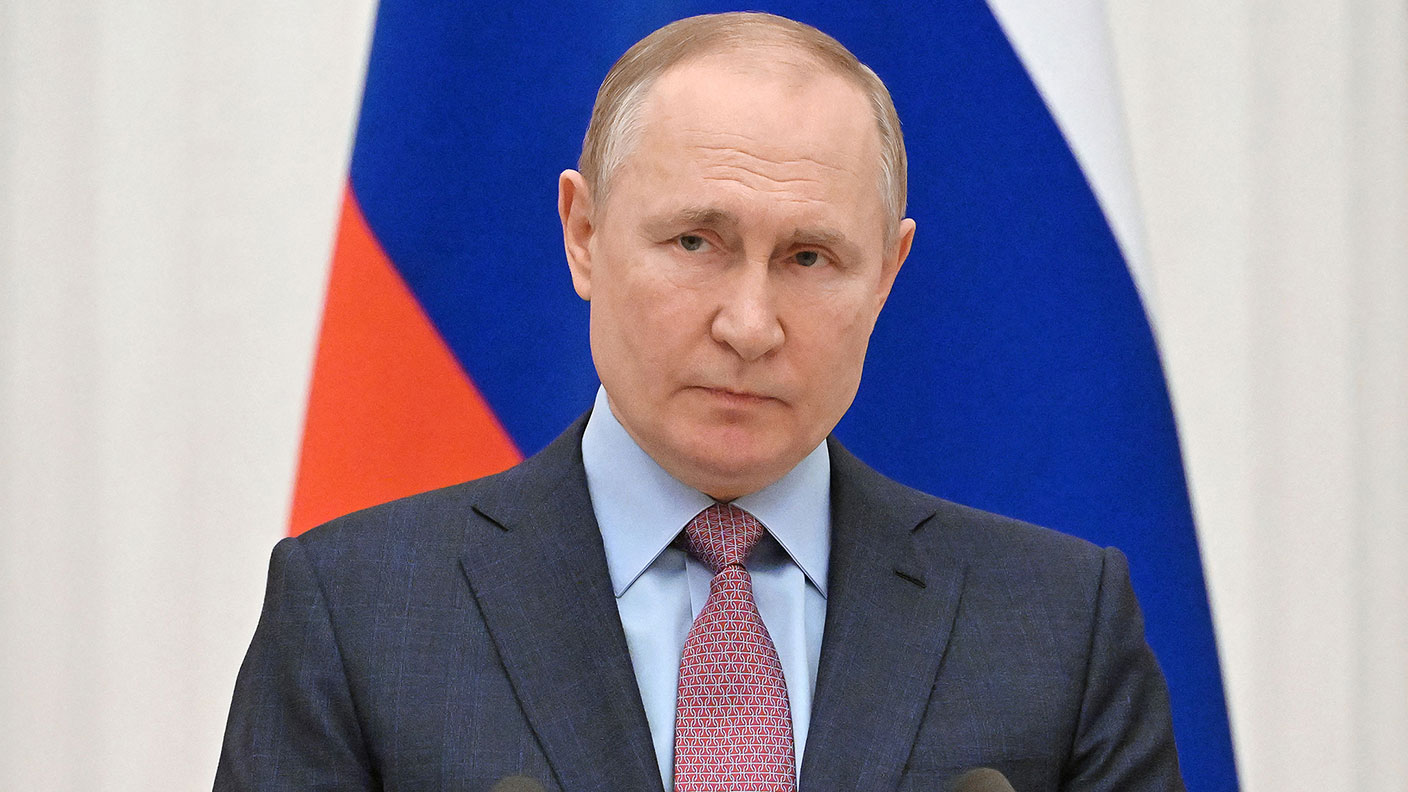 How the West can win Putin’s war on food
How the West can win Putin’s war on foodOpinion The West could easily make up the shortfall if it let the free market rip, says Matthew Lynn.
-
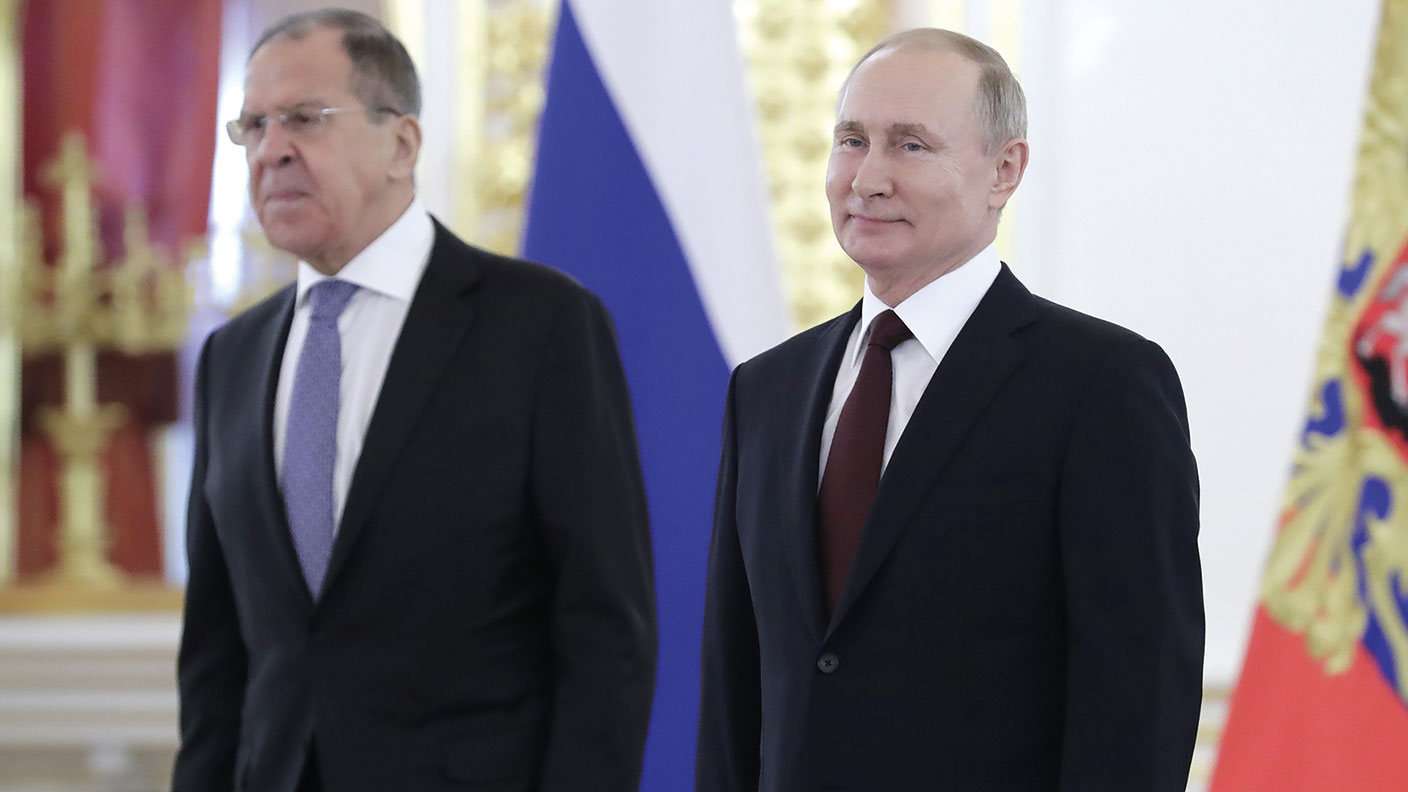 Will the sanctions aimed at Putin have any effect?
Will the sanctions aimed at Putin have any effect?Briefings Russia’s invasion of Ukraine has changed the West’s strategic calculus and tougher than expected sanctions have followed. Will they be enough to change the course of events?
-
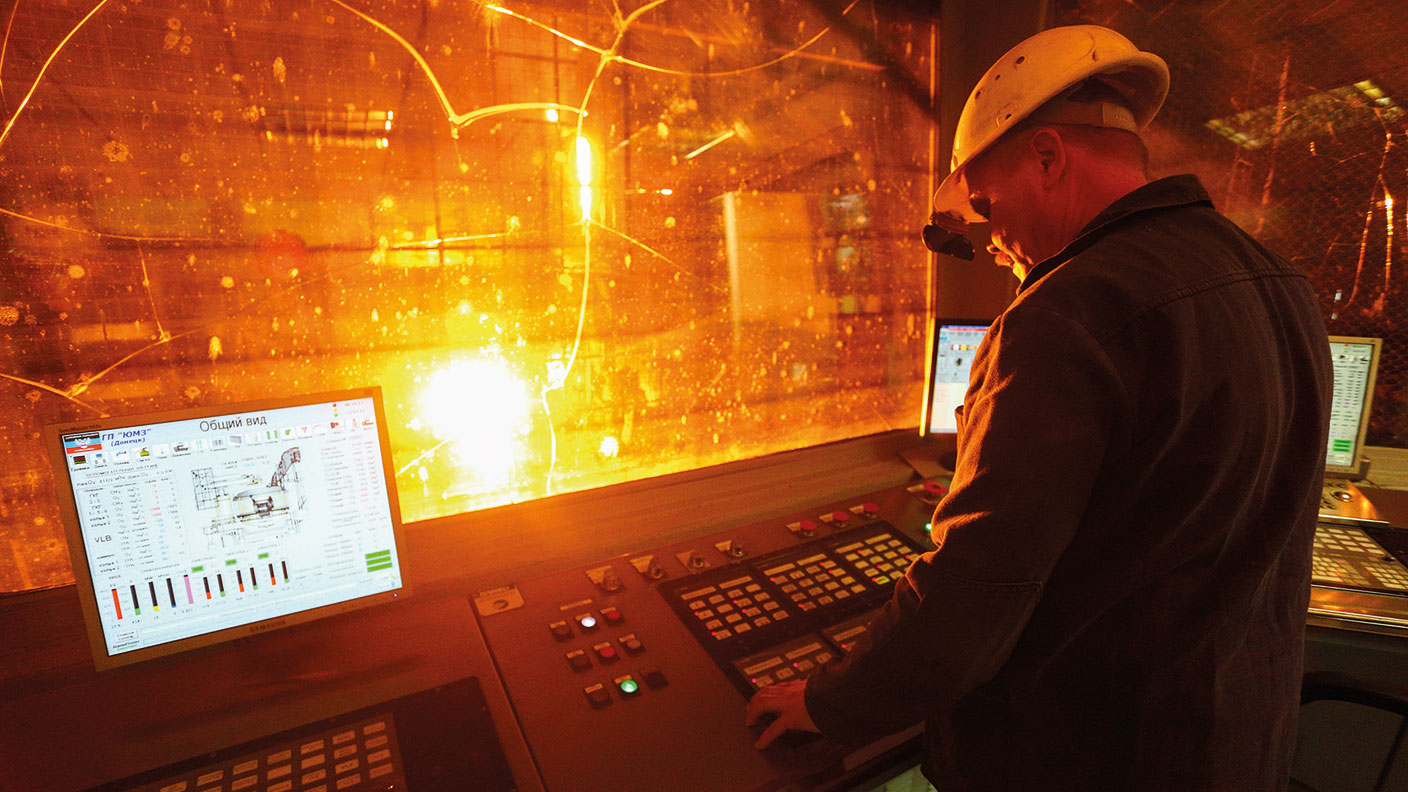 Markets fear inflation more than war
Markets fear inflation more than warNews The world's stockmarkets have dismissed Russia's invasion of Ukraine - preferring to concentrate on the perils of inflation.
-
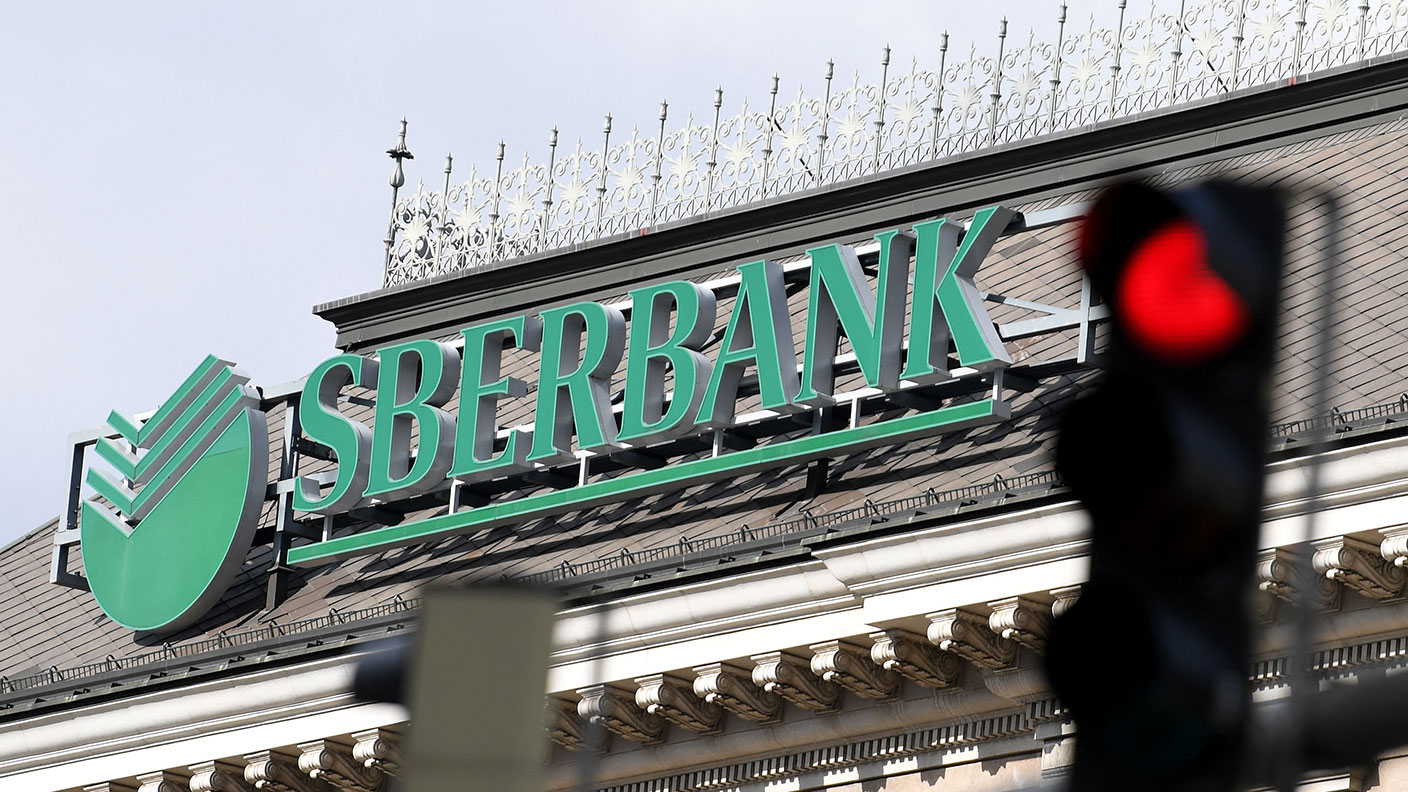 What exclusion from the SWIFT banking system means for Russia
What exclusion from the SWIFT banking system means for RussiaBriefings As part of Western sanctions, many of Russia's banks have been banned from the SWIFT system. Saloni Sardana explains what that is, and how the ban will affect Russia
-
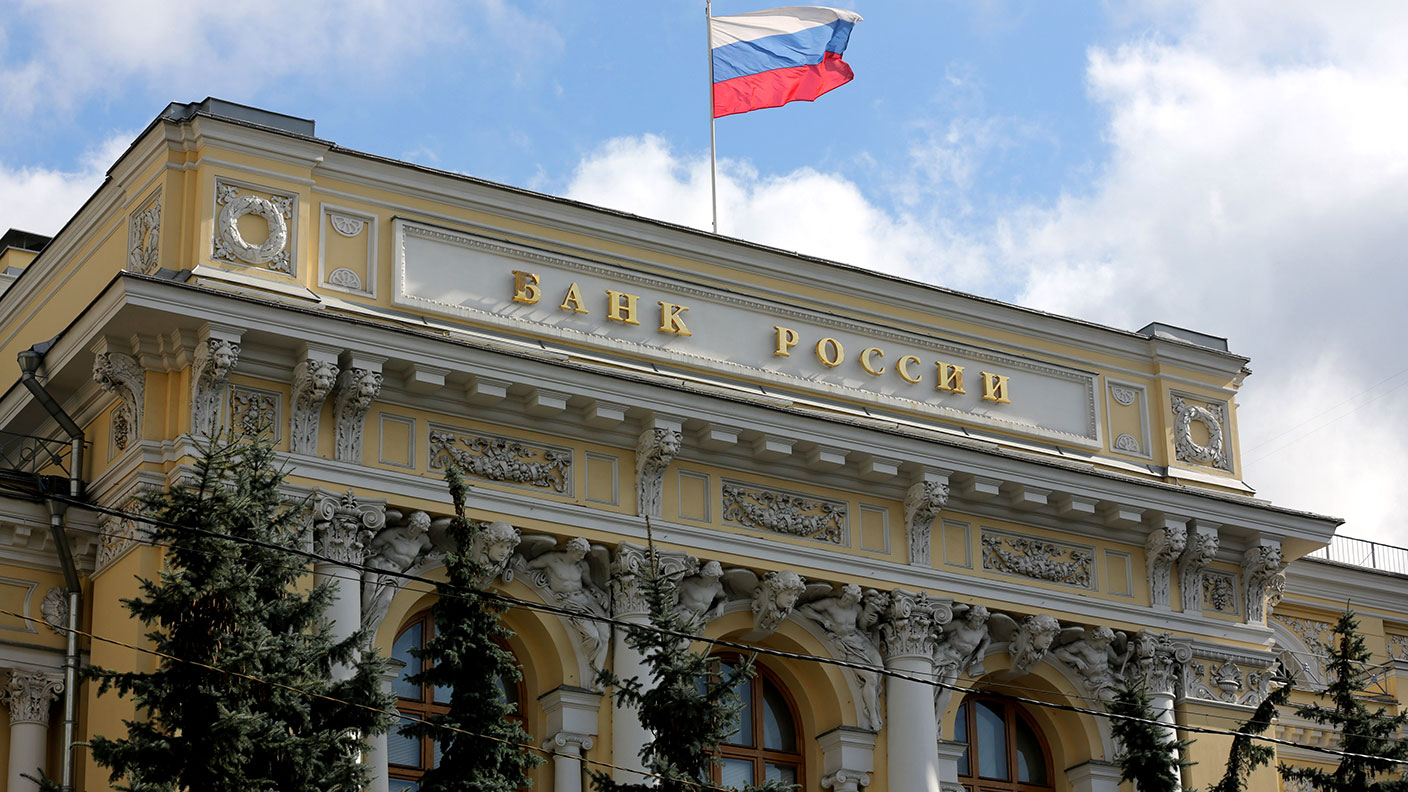 Russia is now a financial pariah. What does that mean for markets?
Russia is now a financial pariah. What does that mean for markets?Analysis With Russia being frozen out of the global financial system, John Stepek looks at what it means for markets, the global economy, and your portfolio.
-
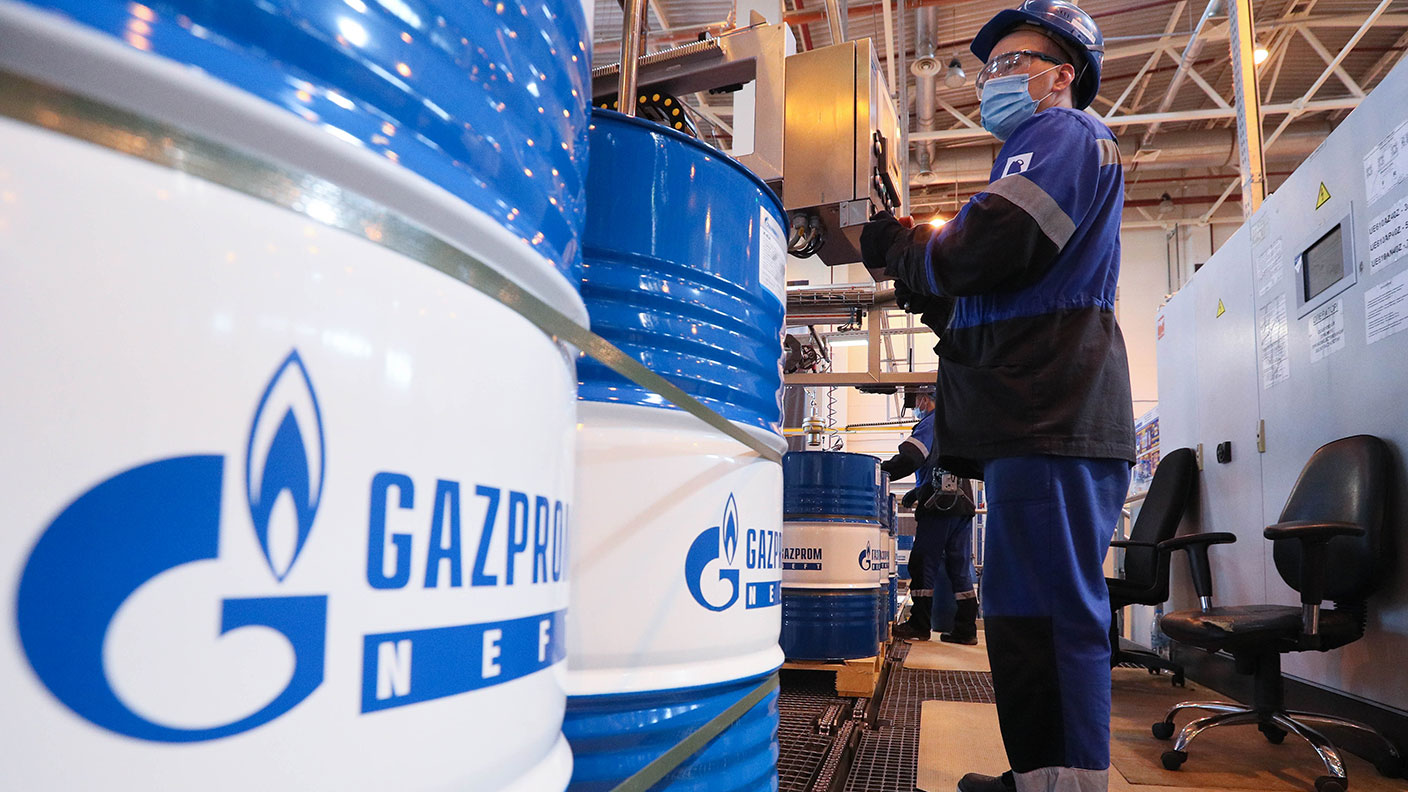 Oil passes $110 a barrel as Russia’s invasion of Ukraine continues – here’s what it means for you
Oil passes $110 a barrel as Russia’s invasion of Ukraine continues – here’s what it means for youBriefings With Russia's invasion of Ukraine intensifying, the price of oil, gas and petrol has soared even further. Saloni Sardana looks at what the future may hold for energy prices.

